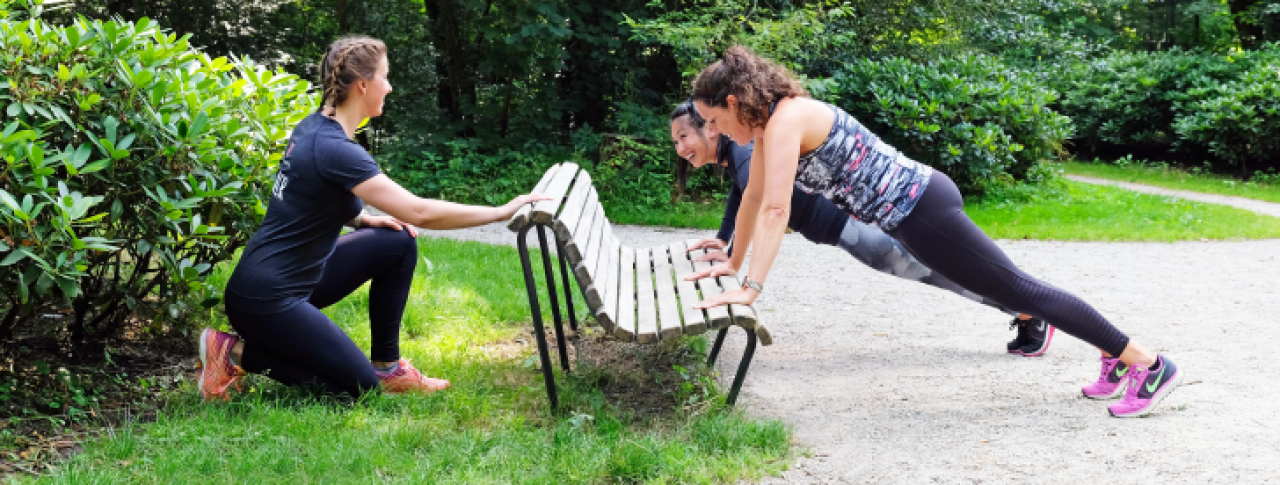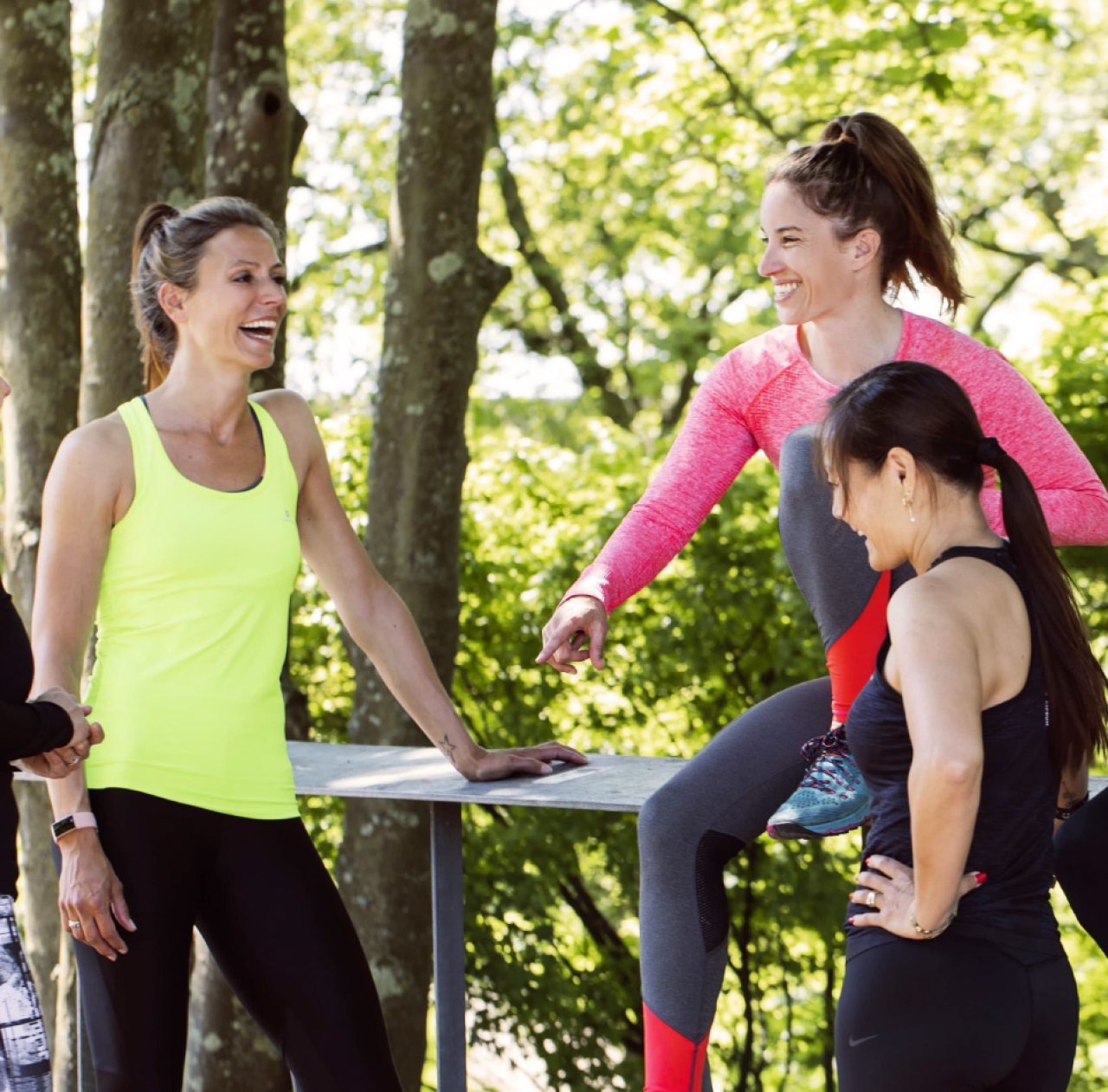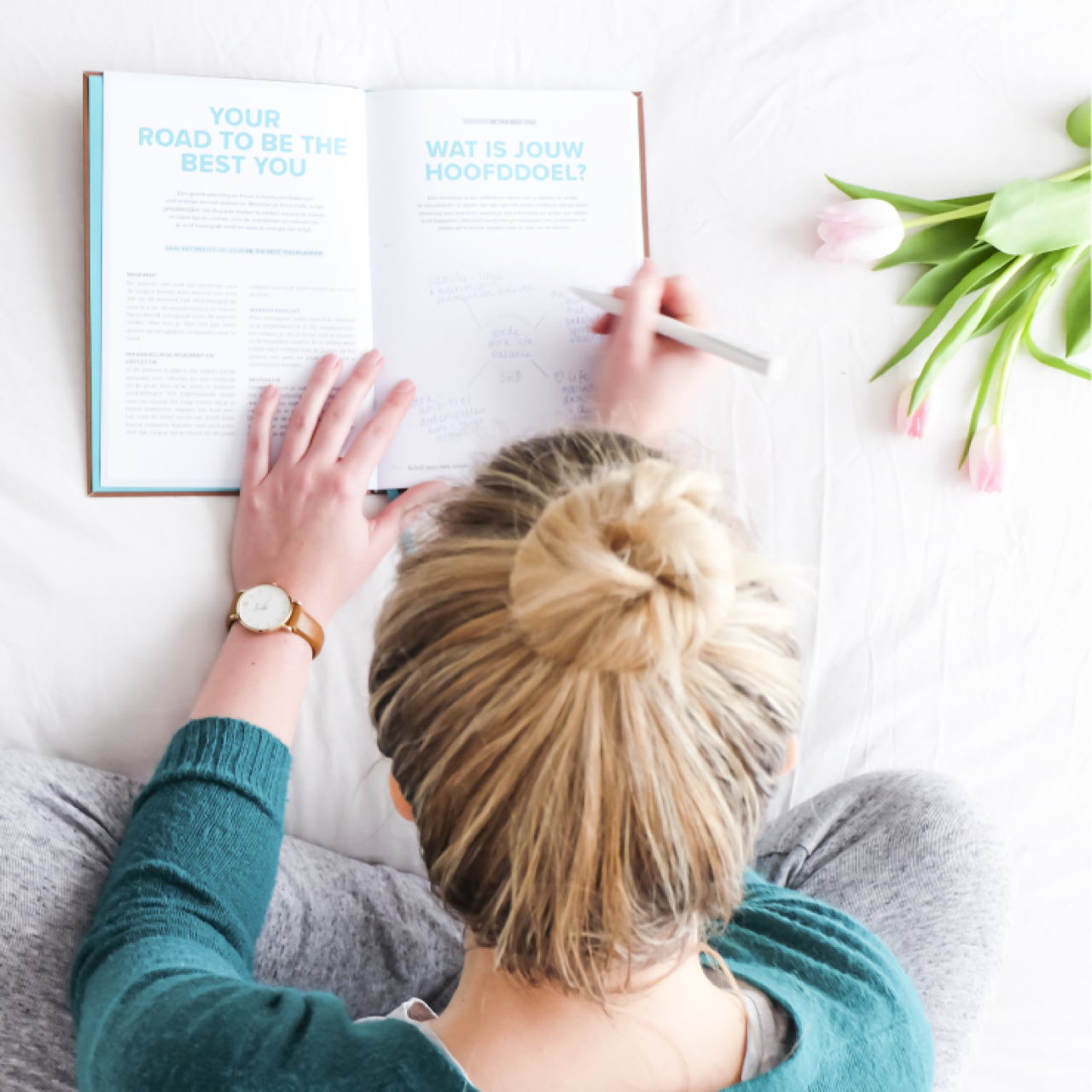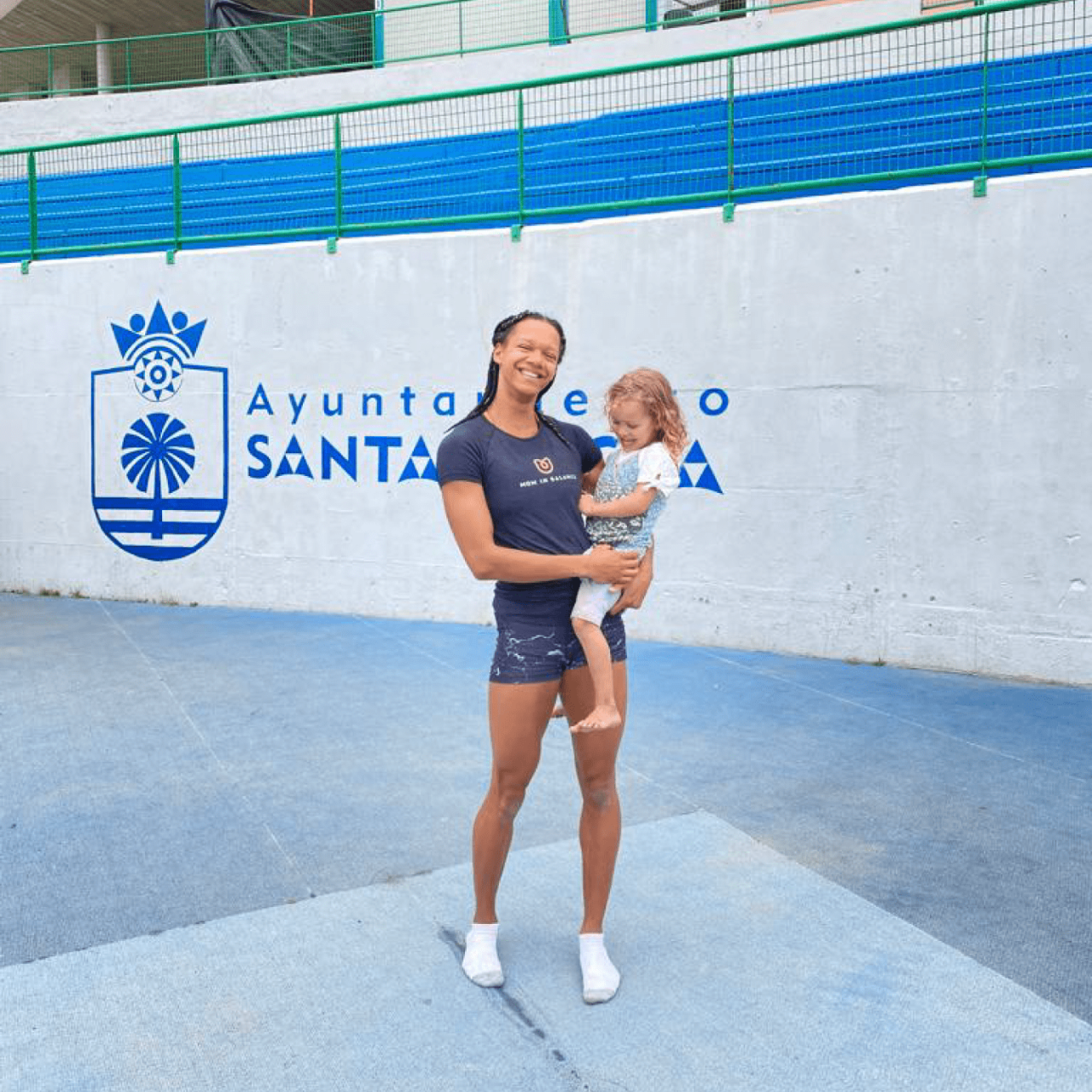Urinary Incontinence during and after your pregnancy: what causes it?
At the beginning of your pregnancy, you will notice that you have to urinate more often. The cause is simple: your body has more fluids to deal with. During your pregnancy, in preparation for childbirth, everything gets "weaker": the baby grows (and so does your uterus) which puts more pressure on your bladder and pelvic floor.
In addition, the more pressure that builds up, both in sports and in everyday strenuous movements, the greater the importance of (proper) breathing. Failure to do so can result in too much abdominal pressure, which can result in urine loss.
During pregnancy, many women unconsciously tighten the pelvic floor muscles (too) much and have to relearn the difference between tightening and relaxing them. The continuous "on" of these muscles contributes to experiencing more pressure on the bladder, making you feel the urge to urinate more often. Excessive tightening of the pelvic floor muscles is common to compensate for the extra weight during your pregnancy. So, unlike a weakened pelvic floor, the exact opposite is more likely to be the trigger - even after you give birth.



